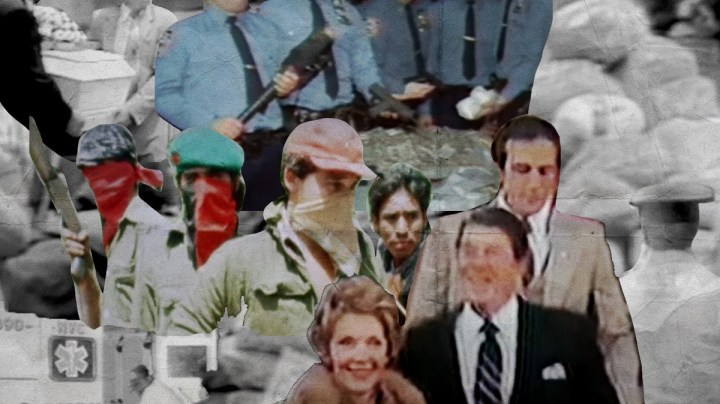This Netflix Doc Retraces Role U.S. Government & Nicaragua Had on American Drug Use in 1980s

Art by Stephany Torres for Remezcla
The history of cocaine in America in the early 1980s is retraced in the new Netflix documentary Crack: Cocaine, Corruption & Conspiracy. Along with telling the stories of the people whose lives were destroyed by the widespread drug, the film also explains why the U.S. government, as one journalist in the film says, “was turning a blind eye to cocaine smuggling in the United States.”
This was during a time when Central America was experiencing civil wars in Guatemala, Honduras, El Salvador and Nicaragua. To help fight the Sandinista dictatorship of Nicaragua, the U.S. government started supplying rebel groups, the Contras, with financial and military support.
When the U.S. Congress started pushing back on funding these resistance organizations, the government began using the profits it made from the illegal sale of arms to Iran. That’s when the Contras saw an opportunity to cash in by smuggling cocaine onto U.S. airplanes that were supplying them with weapons.
“It was a perfect template for drug smuggling,” investigative journalist John Mattes says in the film. “It was a cozy arrangement that worked for everyone, except the American people.”
Peter Kornbluh, a senior analyst for the National Security Archive, says President Ronald Reagan and his administration allowed drugs to start pouring into the U.S. from Central America.
“Our goal was to defeat communism,” he says. “If that meant drugs got in and the youth of America used them, well, that was the way it was gonna be.”
Crack: Cocaine, Corruption & Conspiracy is currently streaming on Netflix.